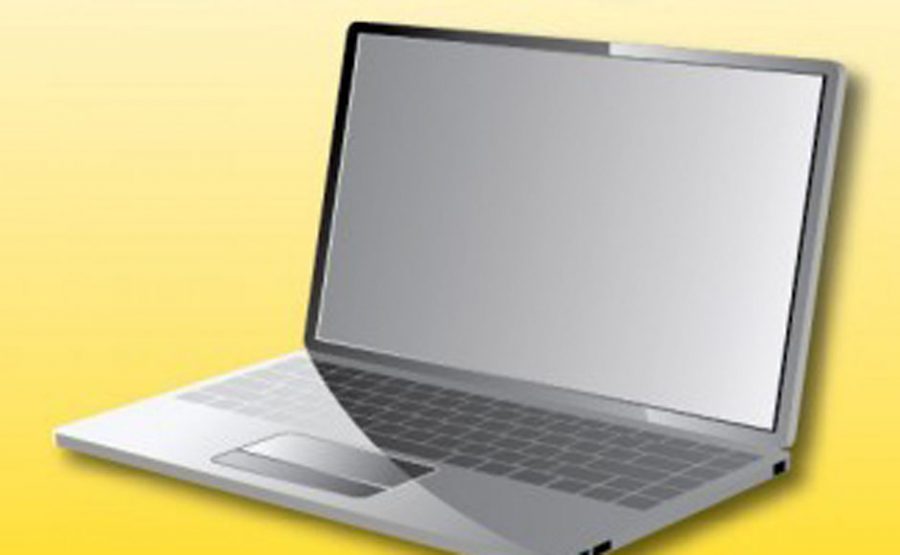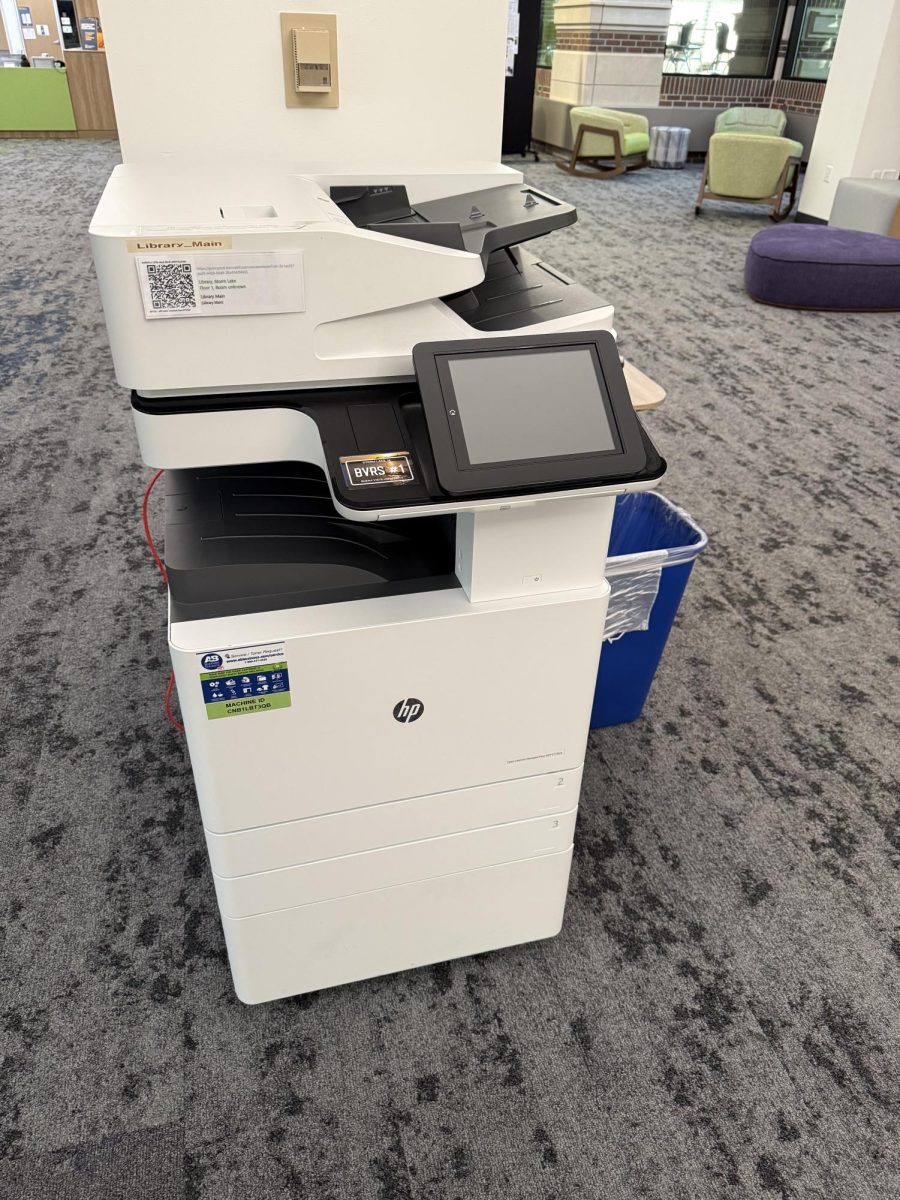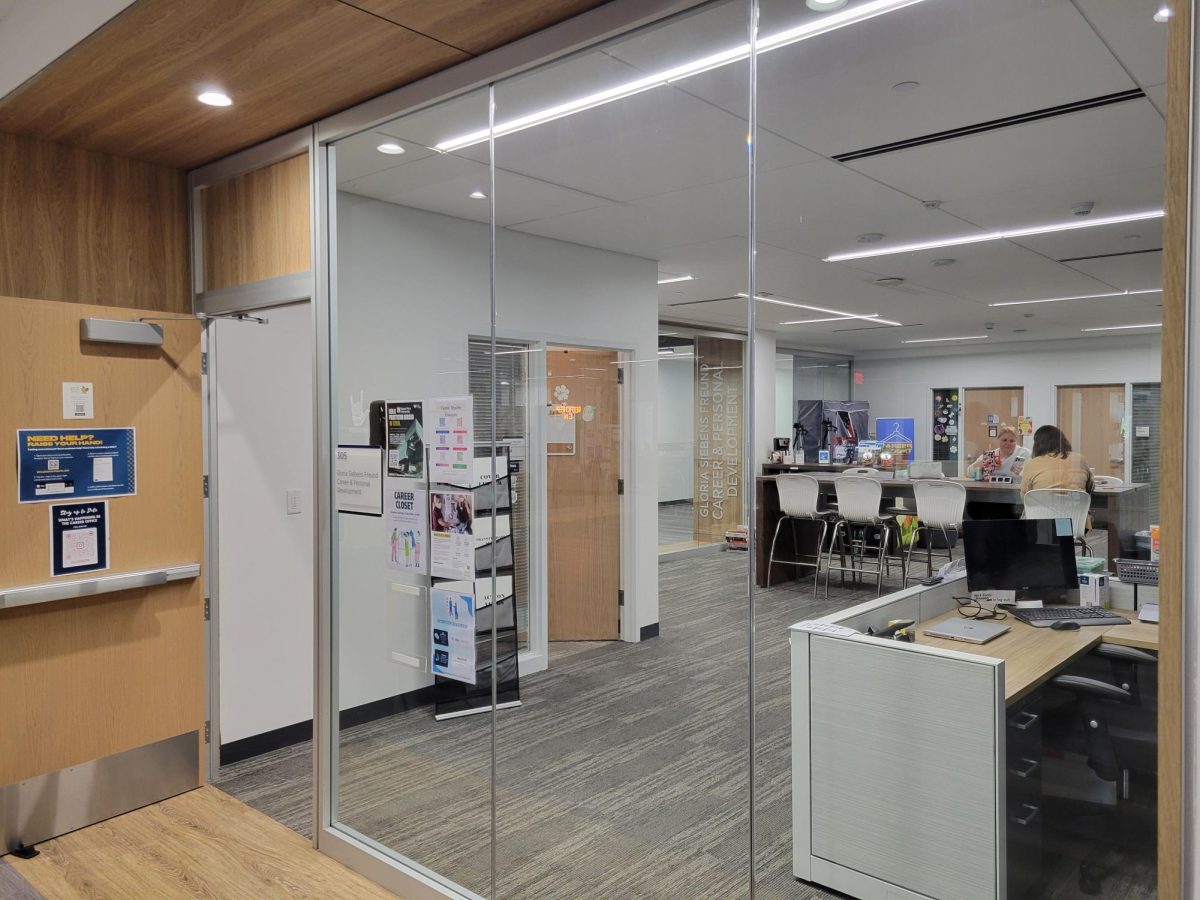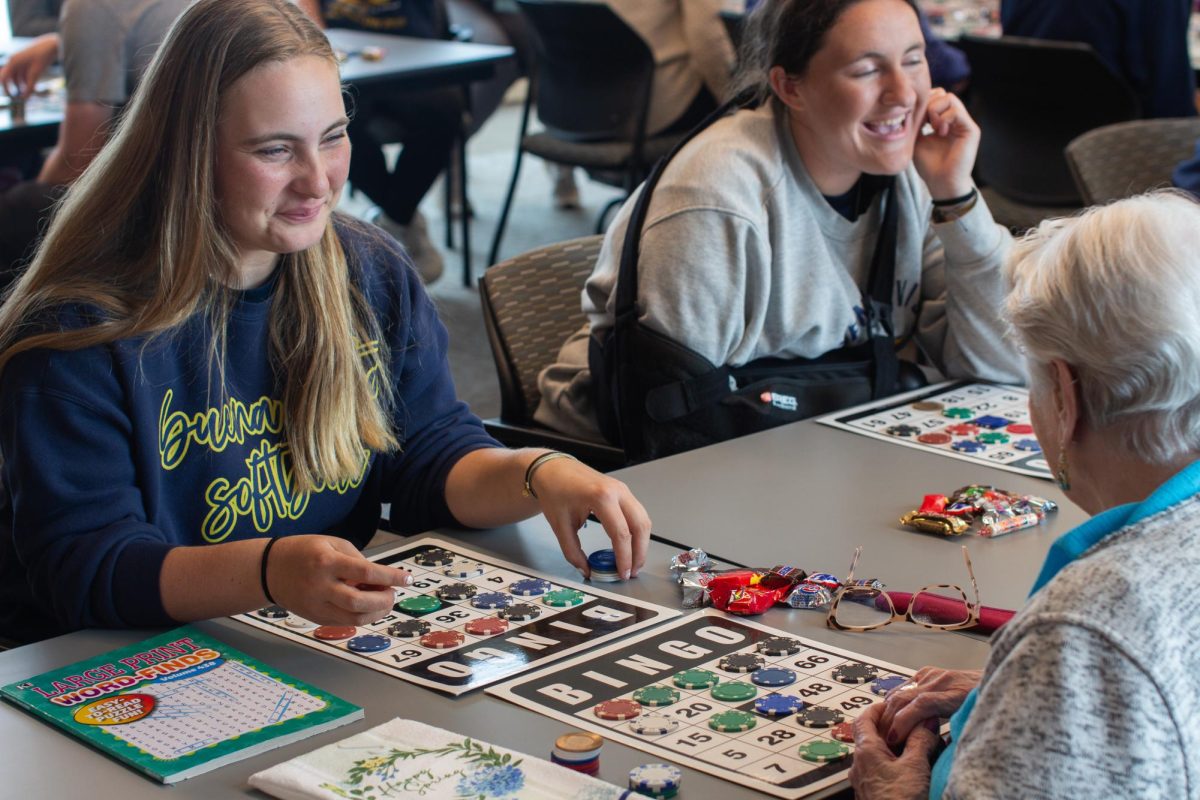PRESS RELEASE:
Storm Lake, Iowa (Dec. 13, 2013) – Earlier today, the Buena Vista University (BVU) Board of Trustees approved the “Bring Your Own Device” (BYOD) program to be implemented starting in the Fall 2014. The BYOD program is a modification of BVU’s existing technology program that will enable full-time Storm Lake BVU students to have more control regarding the type of laptop they use during their education and ownership of their device.
This program gives returning full-time students two options. They will be required to choose between continuing to use their previously-issued BVU laptop or receiving a one-time only stipend to put towards the purchase of their own laptop that meets or exceeds BVU system requirements.
To honor its previous commitment to new incoming full-time students for Fall 2014, BVU will offer those students the choice between a new BVU-issued laptop or a stipend towards the purchase of a laptop that meets or exceeds BVU system requirements.
Depending on the type of the laptop the student chooses and with educational discounts available on a variety of computer brands, the stipend should cover the cost of the laptop, and Microsoft Office will be provided to all Storm Lake students at no charge. Since BVU is requiring each student to have a laptop that meets system requirements, the stipend will not be taxable income to the students who choose that option.
“I really think that this is a move in the right direction for the entire University. Students now get to enhance their originality and obtain the machine that is best suited to their majors and ultimately their wants,” said Caitlin Hoffman, president of Buena Vista University Student Senate. “The student leadership supports the administration for giving us a program that is ideal for our students.”
The student supplied laptops will need to meet minimum system requirements to ensure the equipment is sufficient for their required coursework. To determine system needs, BVU faculty members were involved in developing the laptop system requirements and gave input for their specific disciplines.
“In many classes, computers are intrinsic to learning the course material, and faculty continue to utilize laptops in their classes where educationally appropriate,” said Dr. Brian Lenzmeier, professor of biology at Buena Vista University. “We were provided with baseline hardware specifications for the minimal machine, such as memory and hard drive space, and given the opportunity to communicate whether or not that machine would meet the academic needs of students in their majors or general education courses. Some academic majors will have more powerful computing needs than the general student body, but otherwise, there was a good agreement by faculty on the minimal specifications, and the administration is currently working with faculty to finalize and make readily accessible to students the software programs they will need to complete their academic work.”
Student leaders at BVU were also involved during the development of the BYOD program and gave their feedback and input on the proposed program at various stages.
“As a student leader at BVU, I’ve had some incredible opportunities to provide my input, serve in different capacities and work closely with administration on programming and policies,” said Hoffman. “The BYOD program has offered the Student Senate Executive Board, as well as the current SAB president and her predecessor, a chance to fully engage in conversation about an important matter that really affects students. We feel that the administration really cared about our thoughts and how the student body would be affected. The program we’ve agreed upon is ideal and really offers students an opportunity to be personally responsible, with the support of the University.”
There is an April 2014 deadline for returning students to choose their option for the Fall 2014 semester, and incoming students will need to make their choice by the final day of their 2014 summer orientation. To assist students in making their decisions, a technology fair will be held in early March 2014 and during Summer 2014 orientation days. The fairs will give students the opportunity to speak with laptop vendors about the brands and models that meet the BVU system requirements, and students may be able to order their laptops at that time. Reminders will be sent by the University to returning and incoming students as events and deadlines approach, and system requirements are listed on the BVU website at www.bvu.edu/BYOD.
Support for both BVU-issued laptops and student-owned laptops will continue to be available through 2FIX. The help desk technicians are currently certified for HP repair and are working towards other certifications to support the changes associated with this program. Also, current access to printers will not change.
“As students, we are so fortunate to have an immense amount of support from faculty and staff, and 2FIX, being one of those support systems, provides us with ongoing service whenever we need it,” said Hoffman. “The best part of the BYOD program isn’t the stipend students will receive, it’s that 2FIX will remain a service for them and will continue to help in every way that they can.”
With the BYOD program changes, BVU will no longer distribute iPads to incoming students. However, since iPads have become a critical component to learning for some disciplines, the University will have a pool of iPad devices on reserve for faculty to check out for student use in their classrooms.









